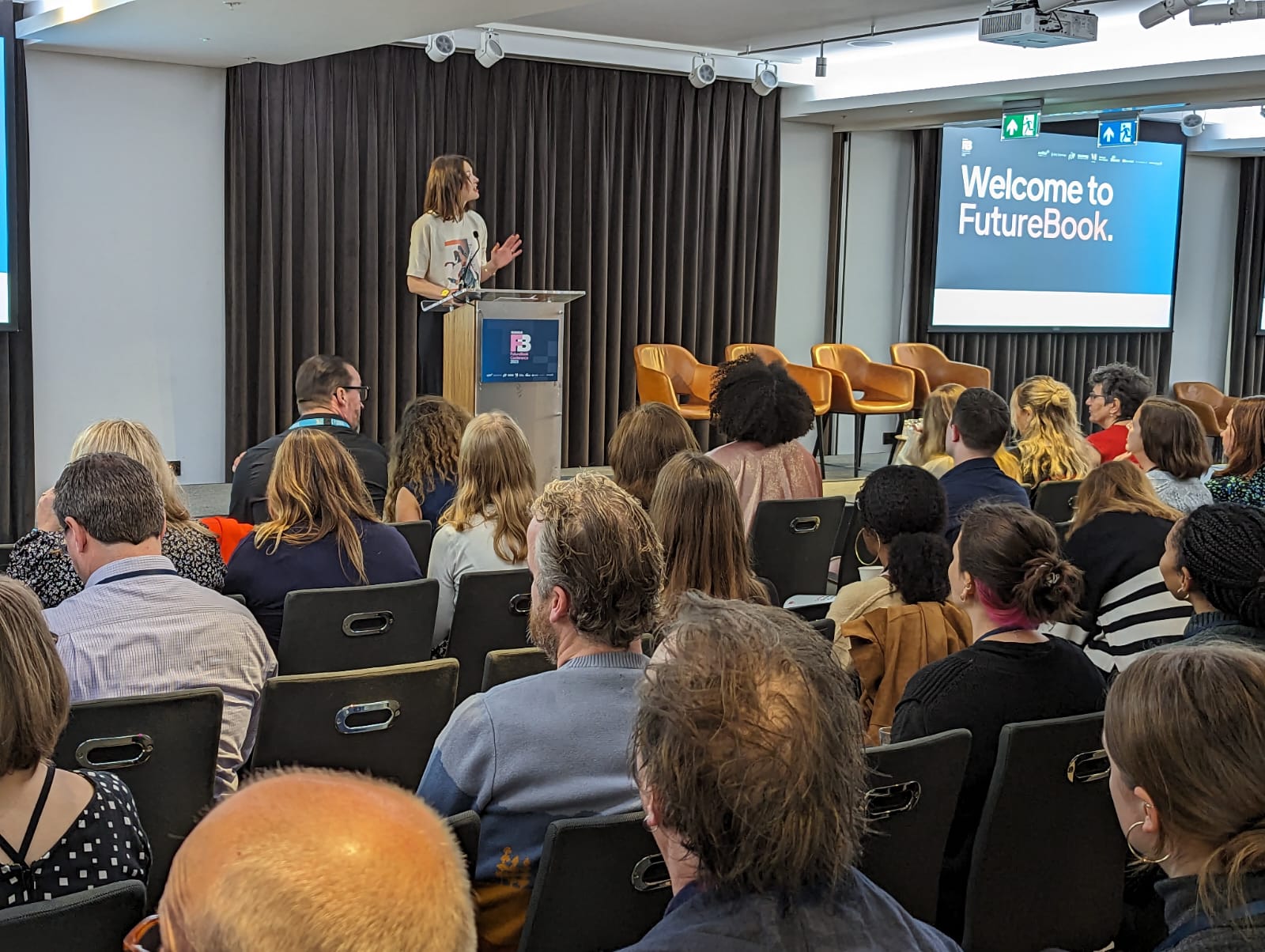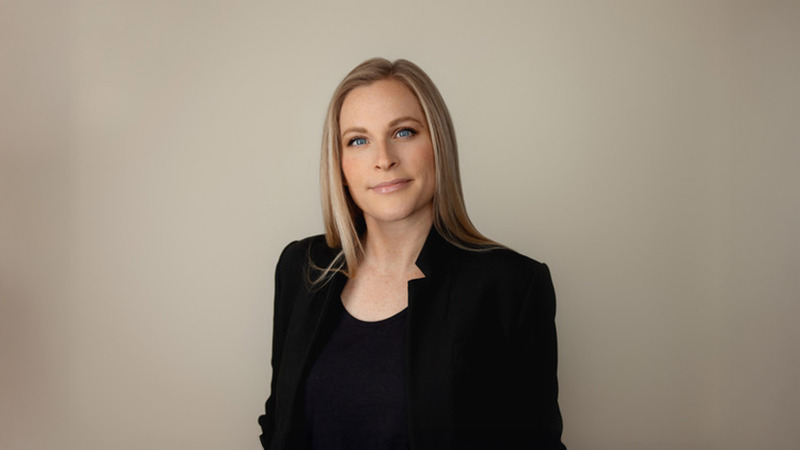You are viewing your 1 free article this month. Login to read more articles.
Solomon tells FutureBook writers 'can't afford' for copywriting jobs to be lost to AI
Nicola Solomon, The Society of Authors’ c.e.o. says writers "can’t afford" for copywriting, research and editing jobs to go to machines, because they are essential to the industry’s "eco-structure" and provide a foothold for authors while getting into a full-time writing career.
Speaking at The Bookseller’s FutureBook conference on Monday 27th November, Solomon quoted KPMG’s estimate that 43% of writing jobs are going to be lost to AI, and said there needs to be funding and training on the use of new AI tools to ensure creatives are supported. She also highlighted the need for a regulatory system with "built-in remedies for infingement, non-credit and deepfakes". She said that this system should allow for these to be removed once identified, while also having a mechanism to compensate creators when their work is used.
Solomon said generative AI has "hit us quicker" than previous technological revolutions but said authors will adapt to its challenges as they are good at innovation. Beyond finding new tools and overcoming problems, she also said that authors offer human creativity — something which is in demand and that AI cannot compete with.
The c.e.o. also highlighted the role that indie bookshops, prizes and libraries play in supporting the work of authors. She added that transparency and labelling are key factors in helping safeguard human work, and that the language used around AI is important, since machines should not be humanised.
Solomon was followed by Nadim Sadek, the founder and c.e.o. of Shimmr AI, which uses AI to create advertising for books. Sadek highlighted the positive uses of AI, including "improving demand forecasting", automating tasks, creating marketing copy and providing "subtle, personalised book recommendations". He added that AI can help with editing and proofreading, as well as assisting with contract review and rights assessment.
Sadek also said that the risks of AI include the risk of plagiarism, job losses in production roles and creating legal uncertainty. He added that "lack of human appreciation" and "loss of direct customer relationships" could also be issues presented by AI.
The session began with a speech by The Glass Cliff author Sophie Williams (Macmillan Business), who talked about the phenomenon that is the subject of her upcoming book. She discussed how women and racially marginalised men who are appointed to leadership positions often face challenges that preceded their appointment, affecting their performance and the data available on leadership roles. The keynotes speakers were introduced by Molly Flatt, comment editor at The Bookseller, who discussed the importance of strong leadership in tackling the challenges introduced by AI.




















